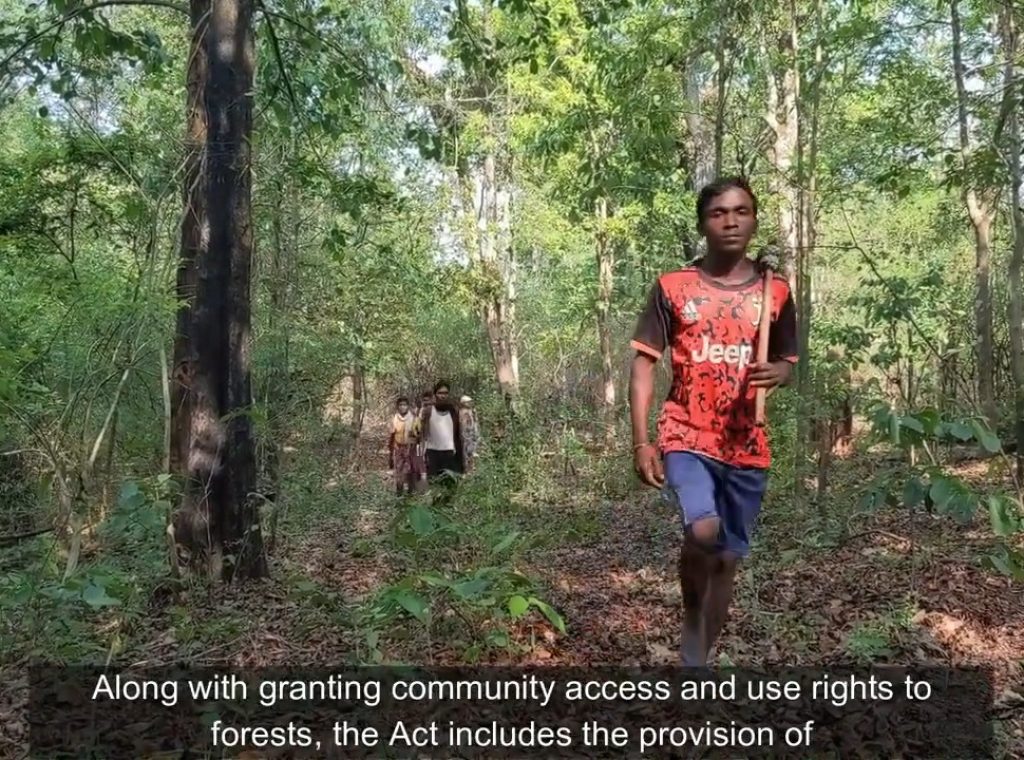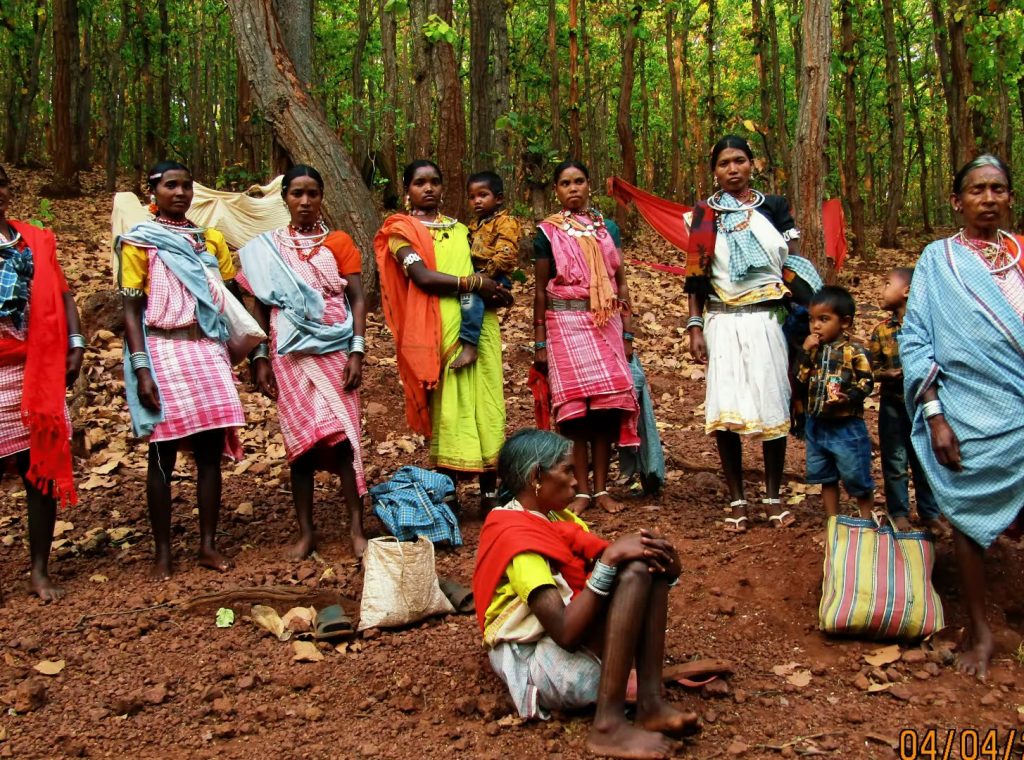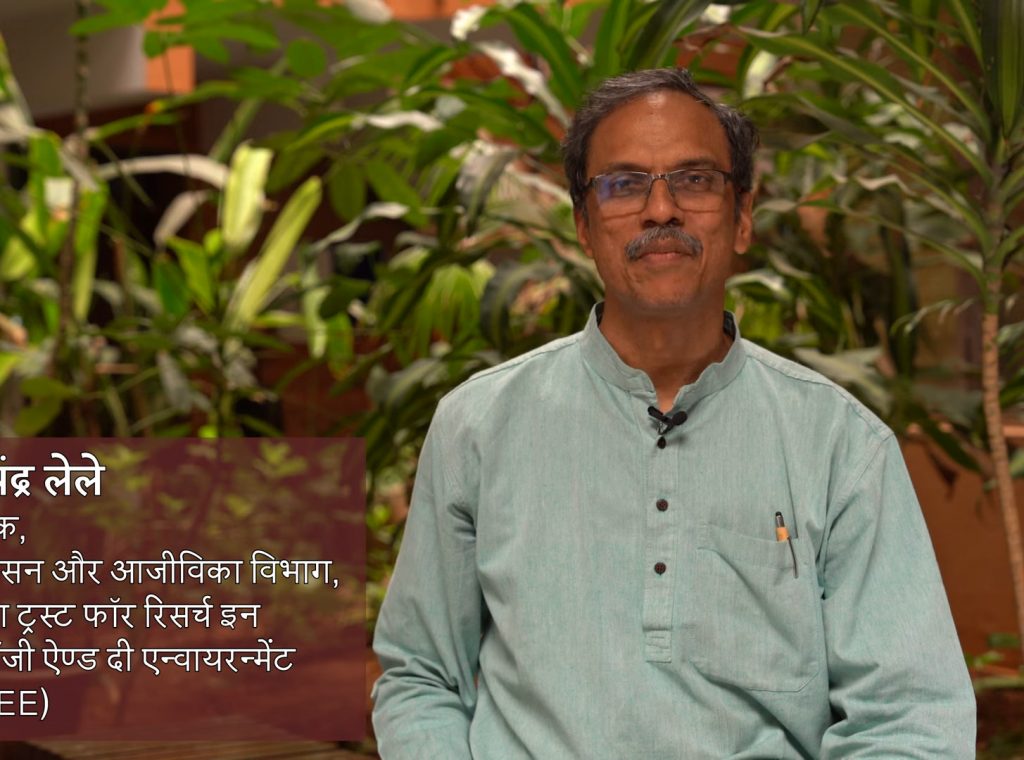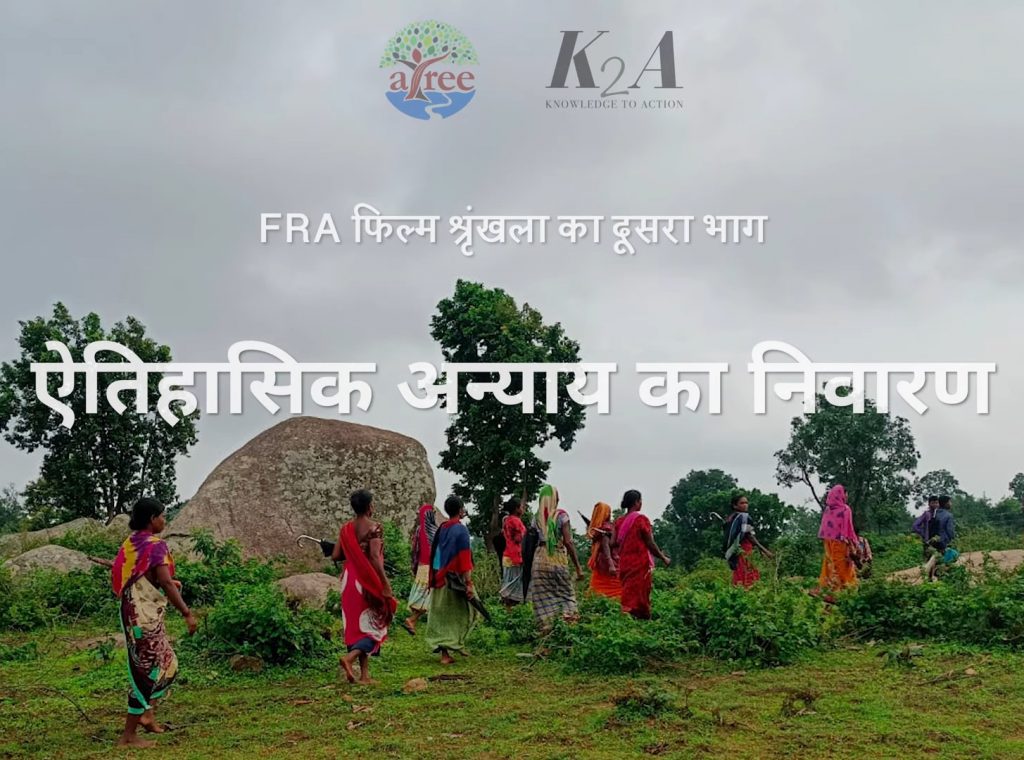Forests and common lands are valuable for communities at multiple levels – local, regional and global. In South Asia, communities have used and managed such lands for generations, often in ways that have sustained both livelihoods and biodiversity. However, this balance was disrupted significantly during colonial rule, when access to the forests and their governance shifted to serve state and commercial interests. This colonial legacy and a post-colonial focus on national development have led to a lack of understanding about the role of forests and commons in our society, and the process of governing them.
This raises key questions concerning the governance of forests and commons in India: How can the governance of such ecosystems be transformed? How can ecological and social knowledge be used to strike a balance between local livelihoods, cultural needs, environmental sustainability and broader public benefits, such as biodiversity, watershed services and carbon storage, in a democratic and equitable manner?
The FGL programme takes an interdisciplinary, action-research approach to this challenge. Through applied research, field initiatives, capacity-building and policy engagement, we work towards facilitating equitable and ecologically sound governance across diverse landscapes. The programme began with action-research in the Biligi Rangaswamy Temple Tiger Reserve (BRT), and has expanded to areas in southern Karnataka, central India and Ladakh.
Over the past 25 years, ATREE has:
Our goal is to understand, design and explore strategies for:








